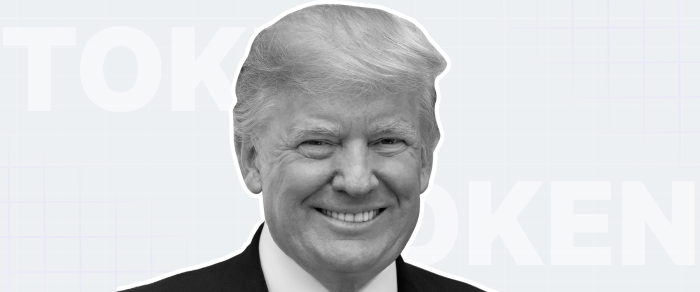Ethereum Will Soon Receive Another Upgrade. It May Upend Markets And Help Coinbase.
The blockchain network of Ethereum will soon receive an update. Investors should be ready for it to perhaps disrupt the cryptocurrency market and provide a boost to the operations of digital asset broker Coinbase Global.
The “Shanghai Hard Fork” for Ethereum, the second-largest digital currency, is anticipated to occur next month. It will be the most significant upgrade to the Ether ecosystem since the “Merge” last year, which changed the blockchain.
This fundamental update changed the mechanics of securing and processing transactions in Ethereum from “proof of work” – the energy-intensive system used in Bitcoin involving crypto miners who use computers to solve complex puzzles – to “proof of stake.” Under the “proof-of-stake” system, participating Ether holders lock in their tokens as collateral while they confirm transactions and secure the network, earning returns in the process. Currently, the yield from placing Ether is over 5%.
The Merge reduced Ethereum’s carbon impact while also making it a more appealing investment, raising Ether prices. The switch will not be complete until the Shanghai Hard Fork. Validators who staked their Ether will be able to withdraw after the Shanghai update. This has two main implications.
The first is that it may cause market disruptions, notably by imposing selling pressure on the price of Ether, which is extensively held by traders and utilized for a number of reasons throughout the crypto ecosystem, including as collateral for loans. The theory is that once validators who have already earned yield can withdraw their tokens, they will sell their Ether.
More than 16.4 million Ether is presently staked, worth about $27 billion, with another 1 million Ether, or $1.6 billion, earned in yield that will be released. As a result, there is a chance that the market may be struck with selling, causing prices to fall.
“Given holders of staked-Ether have been locked up for approximately two years, there are concerns that Ether holders will sell their Ether when given the opportunity, which could pressure Ether’s token value,” analysts led by Kenneth B. Worthington at J.P. Morgan wrote in a note.
It’s hard to predict how traders will respond following the Shanghai upgrade, but there’s reason to expect that technical considerations will keep things running smoothly.
“Precautions are in place to prevent significant selling following the implementation of the Shanghai Fork,” Worthington and his team wrote. “Once the upgrade is complete, staked-Ether will become eligible for withdrawal, but not all at once,” they added, detailing how only a small number of withdrawal requests can be processed at a time.
The second key effect of the Shanghai upgrade is that it may increase the attractiveness of staking among yield-seeking investors. Traders may rush in after Shanghai to purchase Ether to the stake, perhaps offsetting selling pressure. Coinbase, which provides staking services to users, also stands to gain.
Those who want to stake using Ethereum must first secure 32 Ether, which is around $52,000.Coinbase is one company that provides a solution for smaller investors, allowing customers to stake as much Ether as they have while earning a respectable fee in the process.
“The immediate impact we see of the Shanghai Fork is the potential for growth in staking revenue for intermediaries such as Coinbase,” Worthington’s team wrote. “Given validators can earn 20%+ of customer staking income; we see meaningful revenue potential for intermediaries such as Coinbase.”
And Coinbase needs to diversify. The broker’s stock has fallen 66% over the past year amid a bear market in cryptocurrency prices that has alienated a core group of retail investors the company relies on for trading revenue. Analysts cited stacking and other crypto-financial services, such as subscriptions and businesses aimed at professional investors, as a way for much-needed diversification.
J.P. Morgan rates Coinbase stock as neutral with a $60 price target. Coinbase shares, which have seen strong volatility in recent weeks amid dynamics indicative of a “short squeeze,” were down 6.6% to $69.70 on Tuesday.



